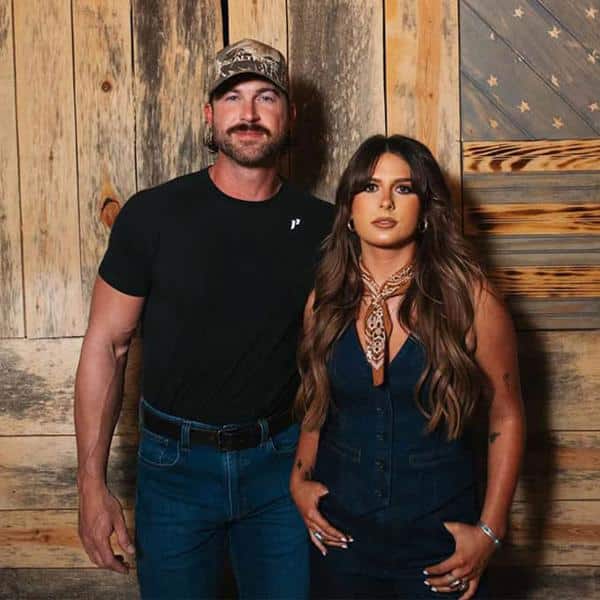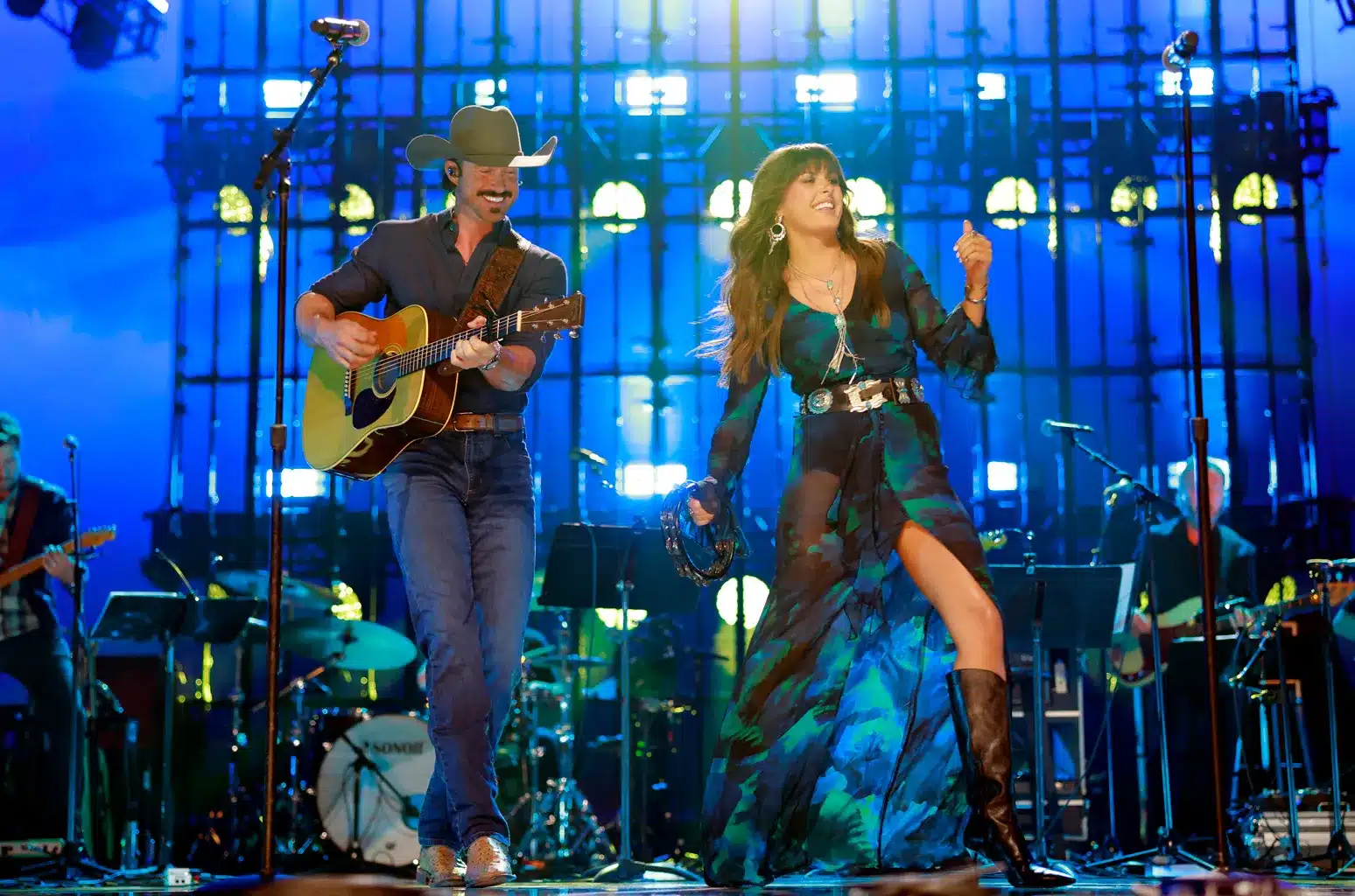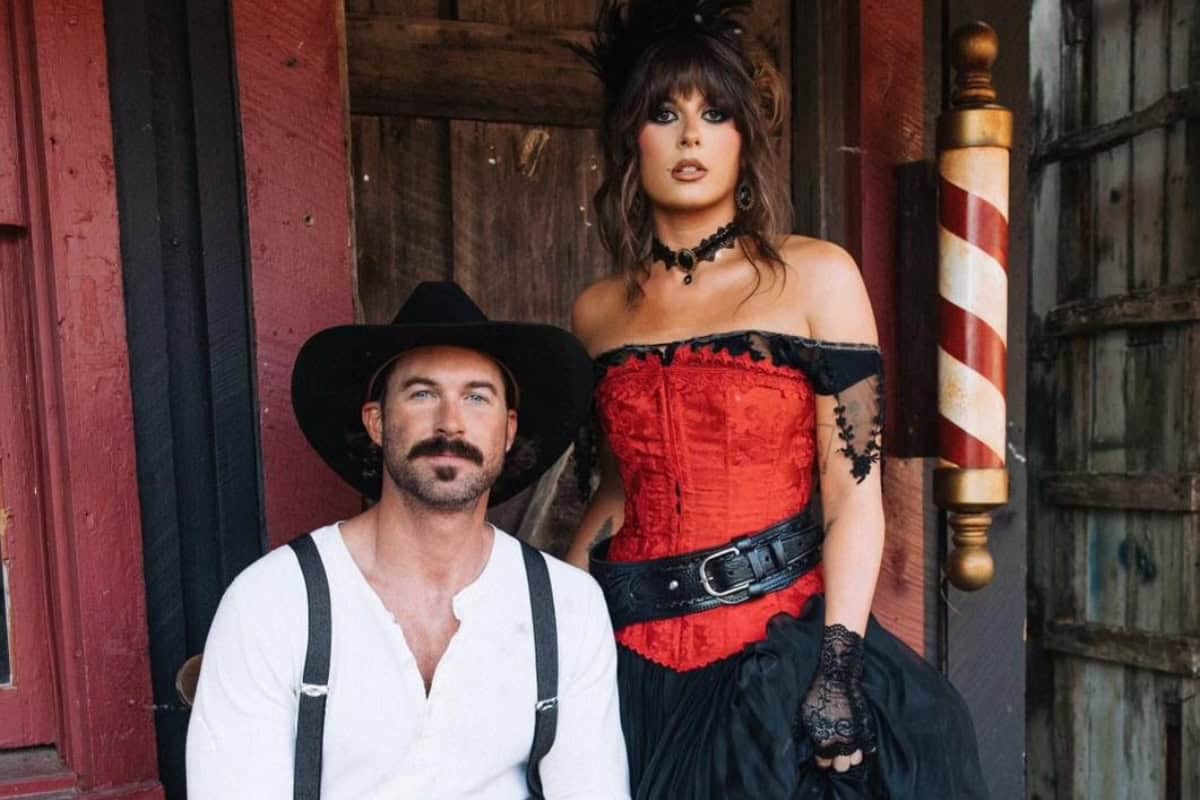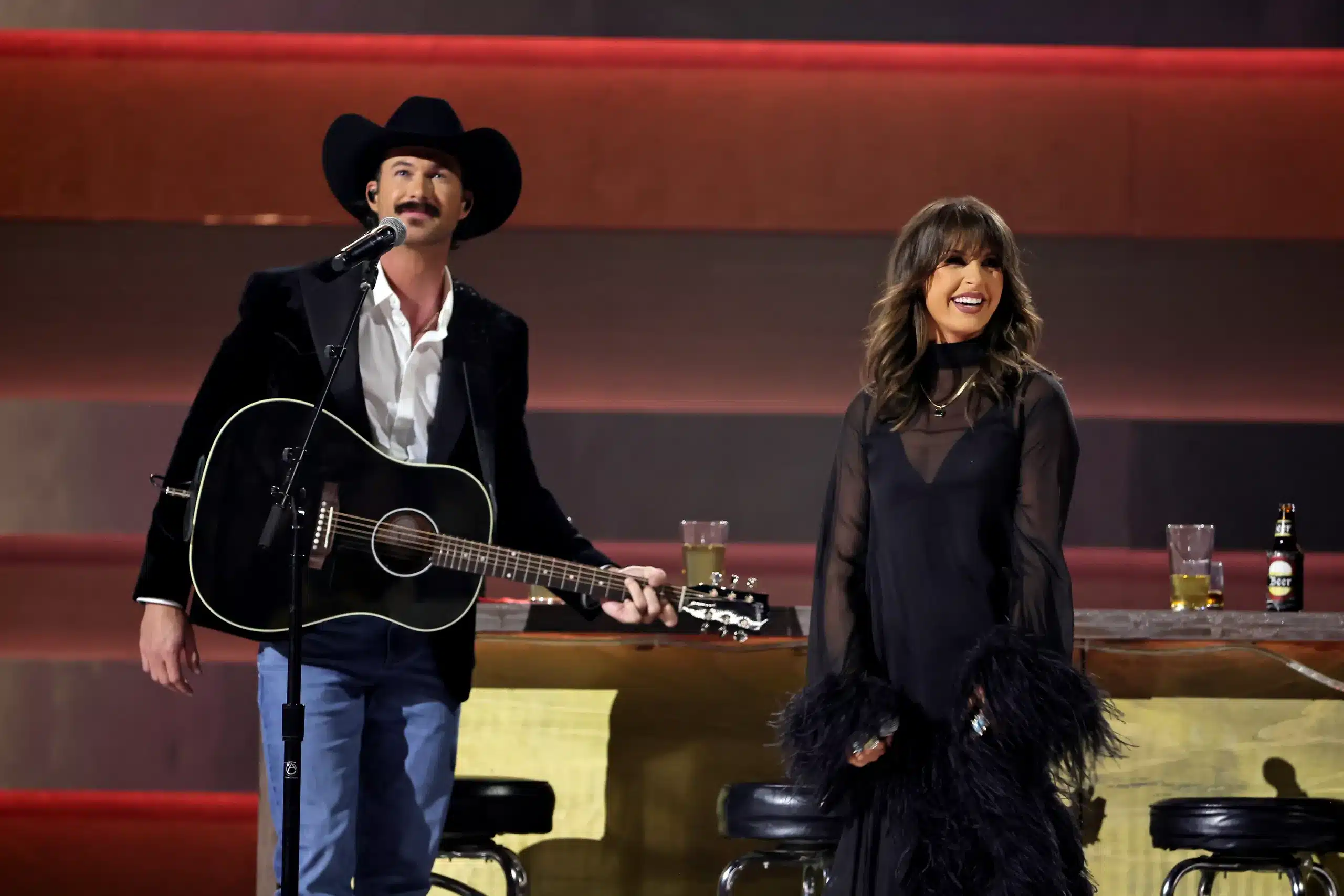The Opry at 100: The Modern Classics Shaping Country Music’s New Golden Age
As the Grand Ole Opry marks its 100th year, it’s not only celebrating a rich past — it’s embracing a future where country music continues to evolve. On the Opry’s list of the 100 Greatest Country Songs, a standout group from the 2010s and 2020s showcases a genre that’s become more personal, more inclusive, and boldly cross-genre — all while staying true to its storytelling roots.
At the top of this modern era selection is Miranda Lambert’s “The House That Built Me” — a tender, reflective ballad about returning to the places and memories that shaped us. Released in 2010, the track became a career-defining hit and a modern standard for emotional songwriting.
Eric Church’s “Springsteen” follows, blending country and heartland rock into a nostalgic anthem about love, youth, and music. It’s a song that perfectly captures the feeling of growing up with a song stuck in your soul — and helped define Church’s genre-blurring sound.
“Wagon Wheel,” made famous by Darius Rucker in 2013, also makes the list — a cover of Old Crow Medicine Show’s Dylan-rooted tune that became an instant favorite at weddings, tailgates, and bonfire nights. Rucker’s version brought the song into the mainstream and gave it new life.
Carrie Underwood’s “Something in the Water” stands tall as a gospel-charged anthem about faith and redemption. With its dramatic crescendo and Underwood’s powerhouse vocals, it’s a spiritual moment wrapped in country elegance.
Keith Urban’s “Blue Ain’t Your Color” delivers a slower, blues-touched performance, marked by vulnerability and a soulful hook. Known for mixing genres, Urban kept this one grounded in raw emotion — and it paid off.
Then there’s Chris Stapleton’s version of “Tennessee Whiskey” — originally recorded by George Jones, but reinvented by Stapleton into a viral, blues-soaked showstopper. His gravelly voice and slow-burn delivery introduced the classic to a whole new generation.
Blake Shelton’s “God’s Country” brought back a darker, Southern Gothic mood, mixing fiery visuals with thunderous instrumentation. A love letter to land, faith, and grit, the song echoed Shelton’s Oklahoma roots.
Cody Johnson’s “‘Til You Can’t” resonated deeply with its message about living life without regret. Its straightforward delivery and classic production became especially poignant in a time marked by uncertainty and change.
Lainey Wilson’s “Watermelon Moonshine” brought back the nostalgic charm of 90s country with a fresh voice. With her signature twang and heart-on-sleeve lyrics, Wilson is part of a new generation of women pushing country storytelling forward.
Finally, two of the newest additions show where the genre is headed. Shaboozey’s “A Bar Song (Tipsy)” blends honky-tonk energy with hip-hop swagger and wit, while Ella Langley and Riley Green’s “you look like you love me” delivers a contemporary duet full of chemistry and longing — equal parts classic and current.
Together, these songs reflect a genre in full bloom — fearless in its experimentation, grounded in emotion, and still led by the power of a good story. As the Opry turns 100, country music’s next century looks to be just as unforgettable.



